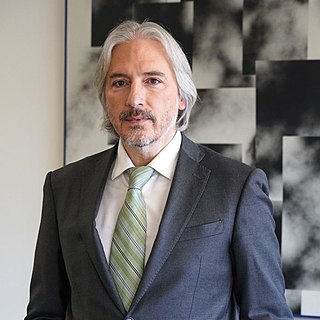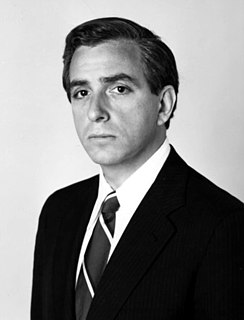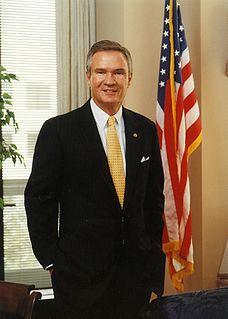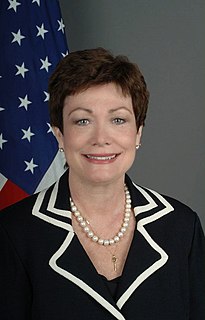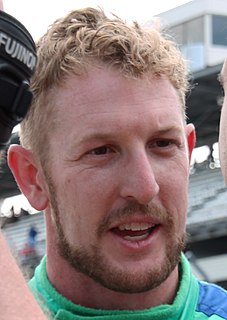A Quote by George W. Bush
Im a strong proponent of the restoration of the wetlands, for a lot of reasons. Theres a practical reason, though, when it comes to hurricanes: The stronger the wetlands, the more likely the damage of the hurricane.
Related Quotes
Well, there isn't any one profile of a survivor, but there are profiles. Depending on the disaster you have certain advantages and disadvantages just based on who you are. Women are more likely to survive hurricanes. In hurricanes the deaths come from floods and people driving through high water. That's much more likely to be a man who dies that way.
For a long time, the scientists have been telling us global warming increases the temperature of the top layer in the ocean, and that causes the average hurricane to become a lot stronger. So, the fact that the ocean temperatures did go up because of global warming, because of man-made global warming, starting around in the '70s, and then we had a string of unusually strong hurricanes outside the boundaries of this multi-decadal cycle that is a real factor; there are scientists who point that out, and they're right, but we're exceeding those boundaries now.

